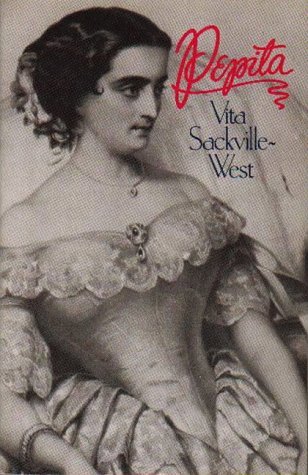What do you think?
Rate this book


282 pages, Paperback
First published January 1, 1937
«I value everything which I have been able to rescue that had any connexion with Pepita.»
«She [Pepita] might have flown as a bird in the air at Malaga, but her real happiness came among her five or six babies at Bordeaux and Arcachon and Paris, with Countess West printed on her visiting-cards and Grandpapa coming as often as he could to see her from Madrid.»
«What they never realised was that she [Victoria] was, above all things, herself. Wrong or right, tiresome, troublesome, turbulent (…), all in turn, she was always herself, and to be always oneself to that extent is a form of genius. 'To thine own self be true', –never have I known anybody who their own self was truer, in every detail, creditable or uncreditable.»